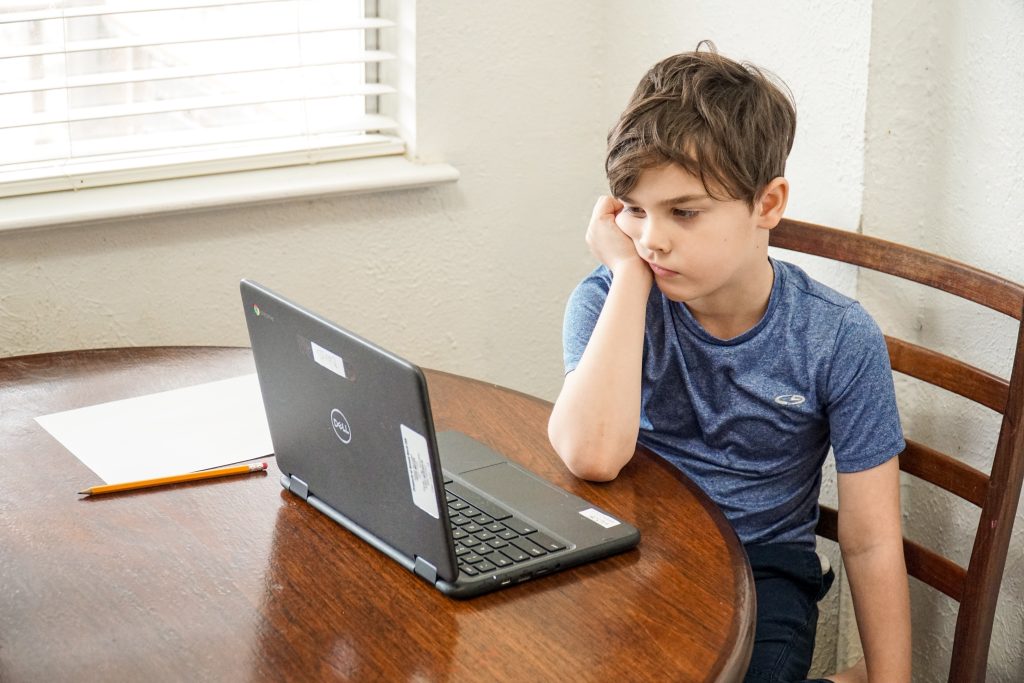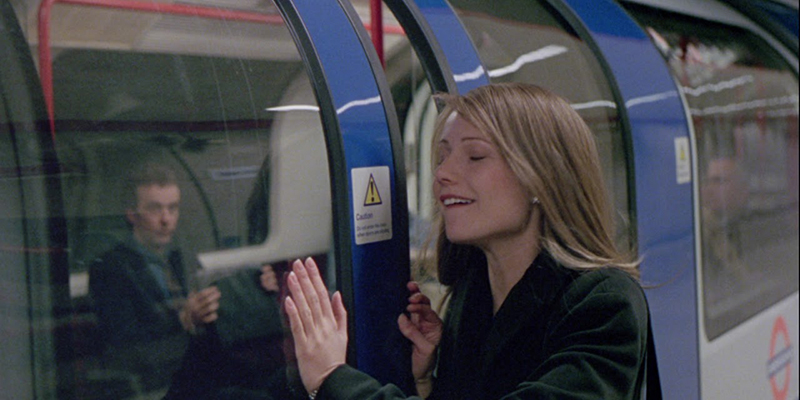Do you ever wonder whether we’ve somewhat lost our way when it comes to the purpose of education?
When I decided to become a teacher, it was made clear to me back in 1999 that my role would be complex. Given the trend back then for group work and making lessons fun, the role of the teacher had become somewhat synonymous with the purported aims of the BBC: to educate, inform and entertain, not necessarily in that order. Beyond that, it was also made clear to me in 1999 that I would have numerous responsibilities that blurred the line between education and social work, and none of them were unreasonable. Teachers – particularly primary school teachers – spend a huge amount of time with a large number of individual children every day; as a result, teachers are without question some of the best-placed adults to notice when there are concerns to be had, when a child’s demeanour changes or their health declines. I took my duty of care very seriously and regularly reported safeguarding concerns; the ability to raise such concerns anonymously, with more experienced experts who took me seriously and followed up on them, is something I miss greatly about being in a school.
The overwhelming majority of teachers take their safeguarding responsibilities extremely seriously. Nobody goes into teaching with the belief that they will be nothing but an academe, pouring knowledge into the minds of the young with no thought given to their health, their personality, their family situation or what might be going on inside their head. Teaching is a constant dialogue between adults and the young, and our empathy with and understanding of a wide variety of issues that may be holding a child back in their learning is crucial. But let us remind ourselves that what we are there to do is to impart learning. We are not there to solve all of society’s problems, from knife crime to nutrition.
In the last decade or so, and most particularly during and after the pandemic, schools have been expected to take up the slack for every single failing in society: for the failings of government, for the failings of under-funded health services, for the failings of over-stretched social services and sometimes – let’s not be afraid to say it – for the failings of parents. Parenthood is hard – incredibly hard – and not everybody is acing it; but teachers are not parents to the children in their care and they cannot – nor should they be asked to – replace that role.
I hesitate to make political predictions as I am notoriously bad at it and if the last few years have taught us anything it should be to prepare for surprise. That said, it seems likely that we will have a change of government at the next General Election, and it seems likely that the new ruling party will be Labour. This means that what the Labour party said about education at its recent conference becomes potentially more important and relevant than the Conversatives’ blustering about mobile phones (already banned in most decent schools) and maths up to the age of 18 (where they will find the teachers yet to be confirmed). But the Labour party’s pledge to bring in “supervised tooth brushing” for primary school children aged 3 to 5 caught my attention and got me wondering about what they think teachers are for. It also got me wondering whether any of them have ever set foot in a primary school, never mind stayed there for any length of time.
As one primary school teacher on the platform formerly known as Twitter pointed out, teachers have already experienced what it is like when they are asked to supervise hand-washing on a massive scale, when there was a big focus on this during the pandemic. “I remember getting the children to wash their hands at the sink during covid. It took an hour and they missed learning … My TA had to supervise them instead of support children. And that was a class of Y6 children. I can’t imagine how long it would take to shepherd 4 & 5 year olds through the process. This policy has not been suggested by anyone with experience of primary.” Her comments were in answer to someone who claimed that supervised tooth-brushing “would only take a few minutes”. Several primary school teachers responded, with comments like “30 very young children. Probably only one sink. Cleaning the cup after each child. Making sure each child has their toothbrush. At least 50% won’t like the toothpaste … I could go on and on.” My personal favourite was the one who pointed out the problems that would arise from all the spitting. Covid hygiene? Whatever. All in all, the discussion was (or should have been) an eye-opener for anyone who does not work with large groups of children on a daily basis, especially the little ones. You may (I hope) have supervised your own child’s toothbrushing at home. This is not the same as trying to do it with a class of 30.
The British Dental Association has stated that it is “encouraged” by Labour’s proposal, but I feel more than a little despair. As one teacher put it “it’s a sticking plaster for a gaping wound. Babies have teeth. We need NHS dentists, breastfeeding support groups at doctors surgeries, 0-4 family centres. Teachers have an educational role but they’re outsourcing it to us because they don’t want to fund the real support needed.” Absolutely. And it has to stop. Given the amount of time that every primary school teacher knows realistically that this tooth-brushing regime will take, what would people like those teachers to do less of to make it happen? Less supervised play? Fewer handwriting skills? Ditch basic numeracy? You choose.
For me, the suggestion sums up the tangible lack of respect that politicians have for the teaching profession. Teachers are treated as punching bags by all the major parties, belittled and taken for granted across the board. The profession is haemorraghing staff at an alarming rate and to this date not one single political party has taken any kind of frank look at this. Any pledge to “recruit more teachers” falls far short of what’s required, when we know that currently one third of teachers are quitting the profession within five years. It costs a lot of money to train a teacher, so a proper focus on how we retain them – not recruit them – would save the country a fortune.
Readers around my age may recognise the title of this post as a quotation from Pam Ayres’ I Wish I’d Looked After Me Teeth, a poem which pretty much every child my age was told to learn off by heart at some point during their time in primary school. “Poking and fussing” (or – more accurately – “pokin’ and fussin'”) is how tooth-brushing seemed to Ayres as a young child. For me, it’s a rather good description of the approach taken by politicians towards education.







